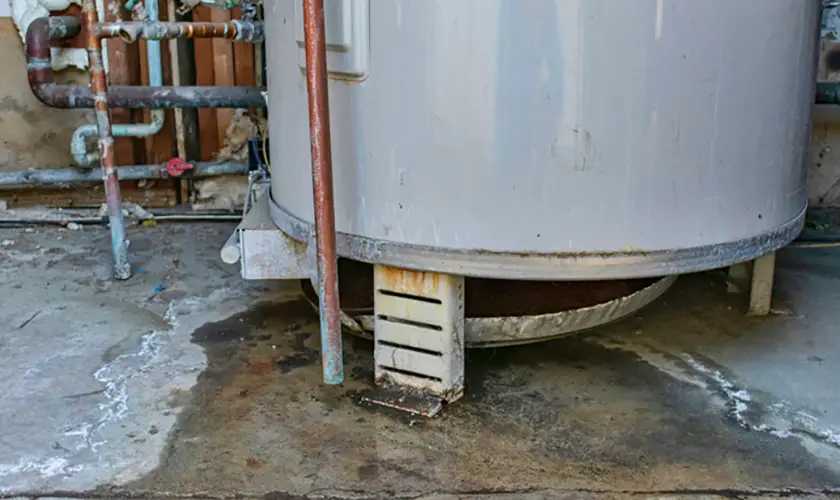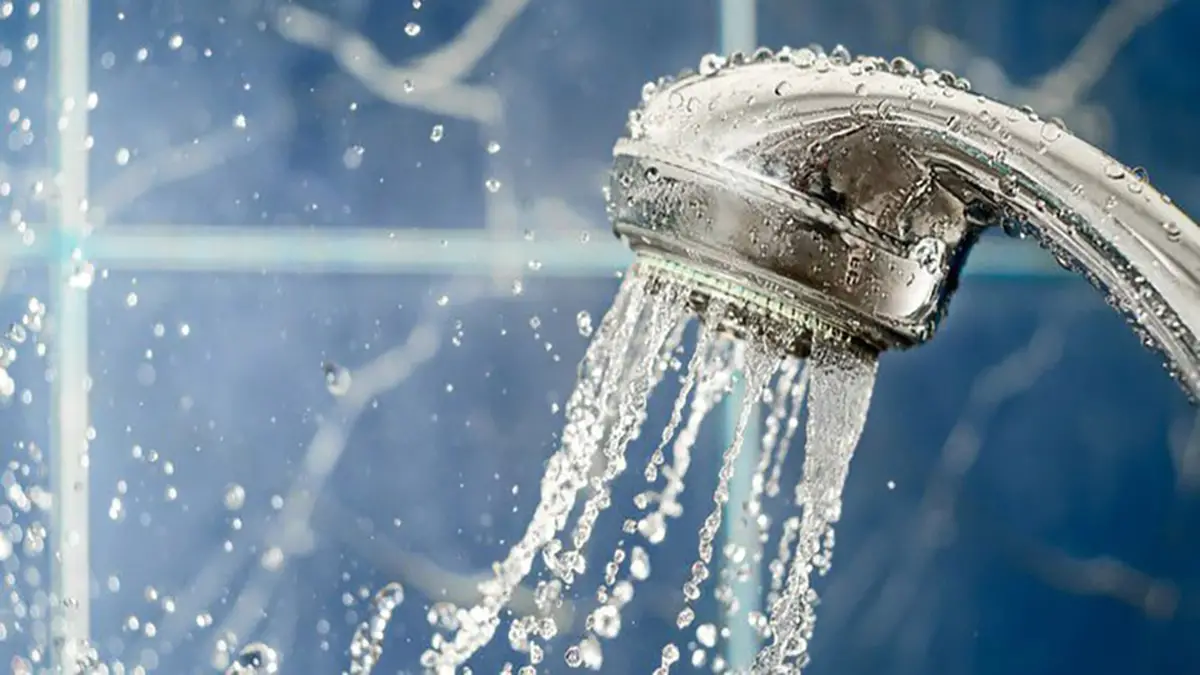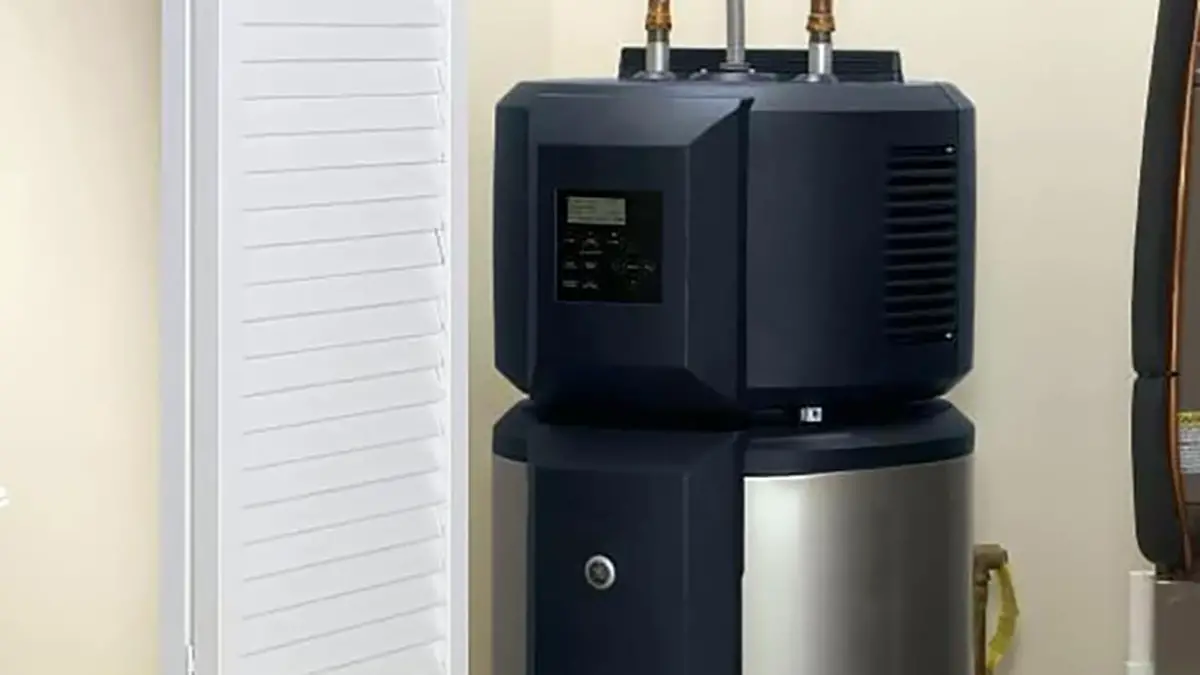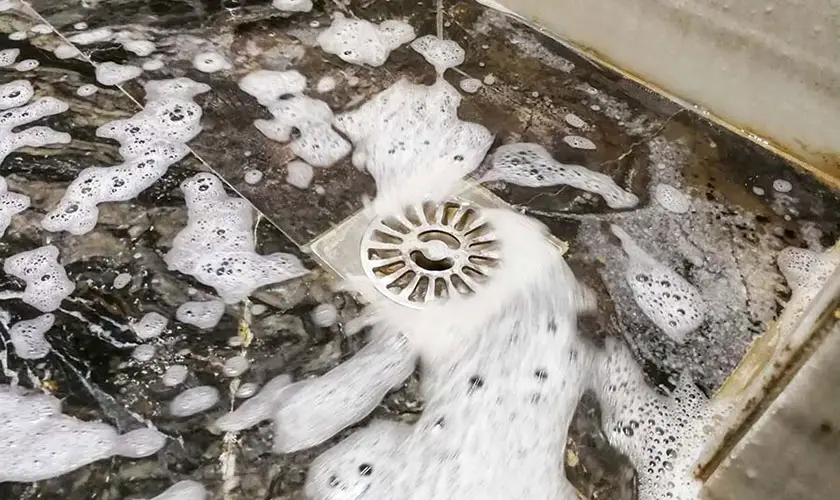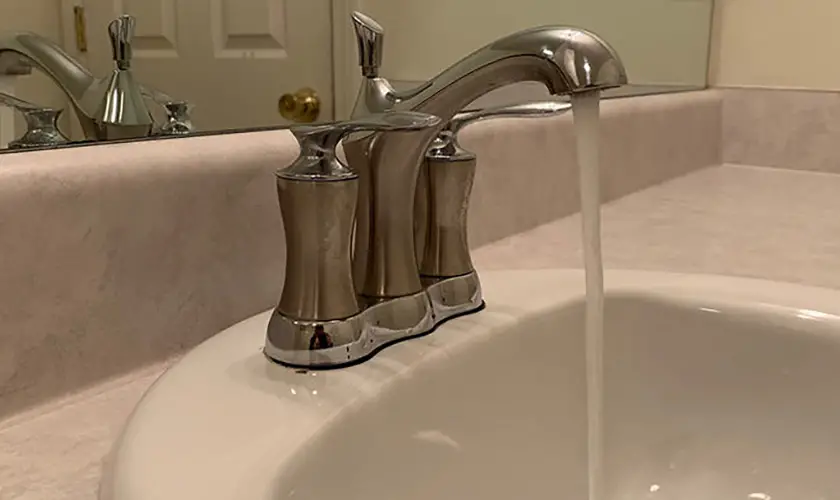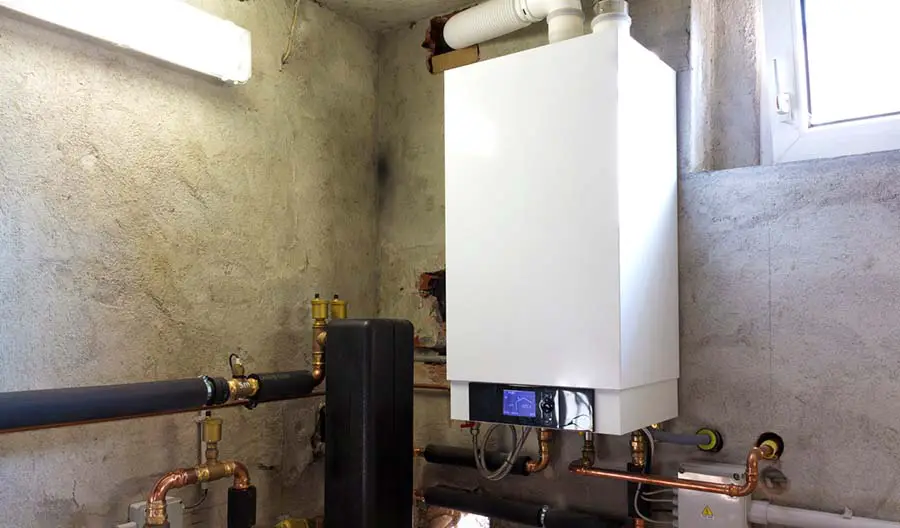
Whenever utility costs bog you down, you try and find a way to bring down the expenses. One of the ways you can reduce energy costs around your home is by switching your traditional tank heaters for tankless water heaters. As you shop for tankless water heaters, you can choose either condensing or non-condensing water heaters.
Condensing water heaters are worth it due to their lower cost and increased efficiency compared to non-condensing heaters. Installing a condensing water heater will drive down your energy usage, contribute less to environmental degradation, and improve your water heating efficiency from 85% to 95%.
If you’re looking for the convenience of a tank water heater without the tank, you’re in the right place. Let’s see what you’ll gain if you replace your traditional water tank with a condensing heater system.
Are Condensing Water Heaters Worth It?
Condensing water heaters are worth it when you break down installation costs and purchasing costs. After all, you will save on energy and water bills.
Condensing water heaters cost up to $260 on running costs every year for the average household. This figure is an upper estimate, with lower figures indicating about $150—installation costs between $700 and $4600.
You have plenty of options for condensing water heaters. You can choose gas, propane, or electric-powered units. And this is where you can get wiggle room on installation costs.
In terms of green energy, you have two upsides. Condensing water heaters reduce water wastage and use less energy. The US government makes it easy for people to buy and install tankless condensing water heaters by including them in a $300 federal tax credit program for gas-powered systems.
If you’re not sold yet on the idea of condensing water heaters, you might be more open to the warranty variety. Putting up thousands of dollars in setup and installation costs might seem like a pinch on your finances right now. That is why you have to consider the durability of the condensing water heaters.
These units have a long lifespan if they are maintained well. Even better, they carry warranties varying from 5 years for some models to 15 years for other models such as Takagi water heaters.
Advantages of a Condensing Tankless Heater
1. You Get More Hot Water
Condensing tankless water heaters produce hot water as long as the cold water inlet is open. It circulates and recirculates water within the system, making sure very little is wasted. Most of the condensate that is a by-product is used in the heater instead of getting lost in the vent.
2. Cheaper Maintenance
While the condensate is acidic and could ruin the venting systems, the water pH is weaker than citric acid. Therefore, condensing tankless water heaters do not need expensive venting material to prevent corrosion. Condensing water heaters have PVC venting systems compared to stainless steel in some models of the non-condensing water heaters.
In the long run, it costs you less money to maintain a condensing tankless heater.
3. They Save Energy
Excess heat generated during water heating is recycled to make more hot water. Not only do you have continuous hot water in your faucets, you use less energy to maintain the set temperature. Low energy consumption translates to more cost savings in operation and maintenance.
All condensing tankless water heaters are now being manufactured to meet efficiency scores of more than 90%. In contrast, non-condensing water heaters operate at just above 80.
4. They are Better for Cooler Climates
The quick heating mechanism of tankless condensing water heaters makes them the best system in a cold climate. You can increase the water temperature that comes out of the heater without wasting any energy or pulling energy from any other heating system in the house.
5. Better Space Management
In general tankless water heaters can be installed in smaller spaces. The units are high-capacity without taking up too much area. That means you save more space when you replace your tank with a tankless water heater.
6. Smaller Carbon Footprint
More industries are focusing on systems that inflict less damage to the environment. Condensing tankless water heaters waste less energy because they recycle residual heat, produce negligible amounts of waste, and any waste is safely disposed into low-cost drainage systems. Most units come with an Energy Star to show they meet the criteria for environmentally-friendly, cost-saving appliances.
7. They are Safer For Homes
Everything in a tankless condensing water heater takes place inside the heater. There are fewer chances of electrical damage. And with it taking a small space to install, the risk of a major accident is minimal. Your family is safe with a self-contained tankless system.
Disadvantages Of a Condensing Tankless Water Heater
Though pro-efficiency energy policy says we should aim to go light and green with condensing tankless water heaters, there are concerns.
1. Corrosion
As mentioned, condensing tankless water heater drain excess condensate with a slightly acidic pH. Over time, the acidity begins to eat away at the venting system. You have to check regularly to make sure the vent system is in good operating condition.
However, to minimize the impact of corrosion, you can buy a condensing tankless water heater with PVC vents. Alternatively, you can go for a stainless steel vent system that costs more but lasts longer.
2. High Initial Setup Costs
Condensing tankless water heaters are pricey to put up. The unit can range from $600 for an EZ Tankless tankless to $1900 for a Rinnai model tankless water heater. Each of their prices is determined by the vending system and the size.
Condensing tankless water heaters with PVC vending might be more affordable than the ones with stainless steel venting systems.
3. Complicated Setup
Condensing water heaters are not an easy replacement if you’re overhauling your heating system from a traditional setup. You have to put in new gas lines and venting installations. The cost implications of this new setup might run into thousands if you consider the rates of plumbers and electricians.
How Does a Tankless Condensing Water Heater Work?
When you need hot water, cold water comes in from the inlet at the bottom of the heater. It ignites a flame in the two heat exchangers in the condensing tankless water heater. The water is heated as it passes through the secondary heat exchangers. Any latent heat is recaptured before it goes to the vent system.
The water keeps heating in the primary heat exchanger and exits through the outlet pipe to your hot water faucets. The water heater has a sensor that adjusts the hot water to the set temperature.
The hot water only stops flowing when you shut off the cold inlet until you need water again. You do not have any excess or unused water like in a tank water heater.
What Does a Condensing Tankless Water Heater Do?
At the core of it, a condensing tankless water heater provides you with hot water. However, the technology is different. A tankless water heater supplies you with continuous hot water without the added bulk of a tank. A condensing tankless water heater differs from a non-condensing by utilizing excess heat through another heat exchanger in the heating compartment.
Tankless water heaters don’t store water. They heat water as it runs from an inlet source through the heat exchanger to your bathroom. Condensing tankless water heaters don’t vent out the excess energy.
Instead, they retain it and use it to heat even more water. So not only does the condensing tankless give you more water than a non-condensing water heater, but it also does it by using less energy with a Uniform Energy Factor (UEF) of over 0.90.
Does a Condensing Water Heater Need a Drain Pan?
A condensing water tankless water heater heats water that flows from the inlet. During this heating process, you get water vapor. The vapor cools down, turning it into liquid. The condensate has to be drained.
You need a drain pan under your water heater if the heater is in a location where the acidic condensate can’t drain freely to an outlet. By law, drain pans are used when the heater is inside the living quarters.
The drained liquid has a pH of about three. Even though it is in small amounts, the condensate can build up in the tankless system and damage interior parts with its acidity. Fortunately, part of the efficiency factor in tankless condensing water heaters is that they can drain up to two gallons an hour.
Some high-efficiency water heaters have neutralizer agents that bring down the condensate’s acidity. The agent, in turn, protects the pipes and guarantees your tankless water heater a long lifespan.
Differences Between a Condensing & Non-Condensing Water Heater
| Condensing Water Heaters | Non-Condensing Water Heaters |
|---|---|
| They have a primary and secondary heat exchanger | Only have one heat exchanger |
| Lower combustion temperatures | High combustion temperatures up to 356°F/ 180°C. |
| Recycles extra heat in the condensing heat exchanger | Loses 30% of the combustion gases through the flue |
| Lower carbon emissions | They have more carbon emissions |
| It costs more to buy and set up | Low initial purchase costs |
| Lower venting system maintenance cost as most heat is recycled | High venting costs |
| Flexible venting material such as PVC | Metal venting material |
| They have drain pans at the bottom of the heater | They don’t have drain pans |
Advantages of Non-Condensing Tankless Water Heaters
1. Immediate Drainage
Unlike their condensing counterparts, non-condensing water heaters don’t store excess condensate. Instead, any waste vapor dissipates and is lost to the immediate surrounding. While this ultimately leads to wasted energy and less efficiency, the internal systems are not exposed to acidity.
2. Energy Efficiency
Even with lower efficiency than condensing water heaters, non-condensing heaters perform better than conventional tank systems. 85% efficiency is a step up from systems that take up space, waste extra water, and drive utility costs super high.
Condensing Vs. Non-Condensing Water Heater for a New Home
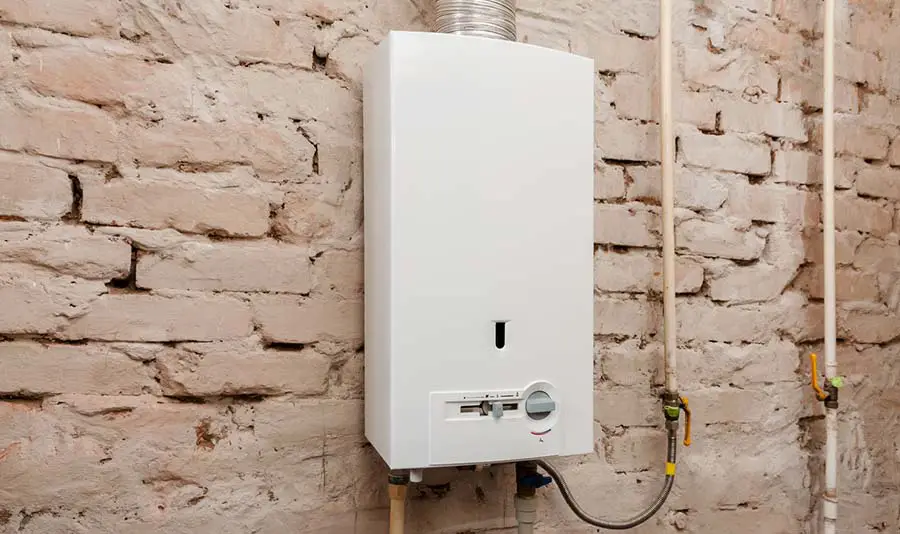
For all intents and purposes, condensing water heaters are better than non-condensing. The goal of any homeowner is to have minimal utility costs while getting the best deal out of their systems. Condensing water heater systems have lots of benefits, chief among them being energy saving.
If you are moving into a new home without a water heater, a condensing water heater is a better option. However, if your home already had a non-condensing water heater, you can upgrade to a newer model but stick to non-condensing. It will save you the installation costs since you won’t have to redo the venting systems.
Still, you can overhaul the entire system from non-condensing to condensing if you are willing to put up the cost of a new installation of the venting system.
Are Condensing Water Heaters Ideal for Large Families?
Condensing water heaters are ideal for either large or small families because they come in all sizes. A small family of 3 can benefit from a small condensing water heater. However, condensing water heaters have an outflow rate of 9 gallons per minute, while some have up to 11 gallons per minute, making them the perfect heating appliance for a 4-bathroom house.
These powerful units pack a punch, with BTUs as high as 199,000 and recovery rates of over 250.
What Does UEF For Condensing Water Heaters Mean?
The Uniform Energy Factor (UEF) is a standard efficiency measure for water heaters. It allows retailers to compare water heaters using a base number. Every water heater is now required to have a UEF rating.
It is the percentage of energy turned into hot water. A high UEF from 0.85 indicates a good efficiency percentage. However, when you window shop for tankless water heaters, you should be looking for water heaters with a 0.95 UEF.
Also, it is a cost estimate of how much it will cost you to run the unit. A tankless condensing water heater with a 0.90 UEF will cost about 90 cents on the dollar to run.
Conclusion
On-demand hot water is a great asset for your family. Making a switch to condensing tankless water heaters should be an easy choice to reduce your utility costs. However, before installing the system, make sure you get professional insight into whether the switch is suitable for your home.
It might cost you more to set up, but you will see better returns on your home investment after every year. You will also be contributing to a cleaner environment.


